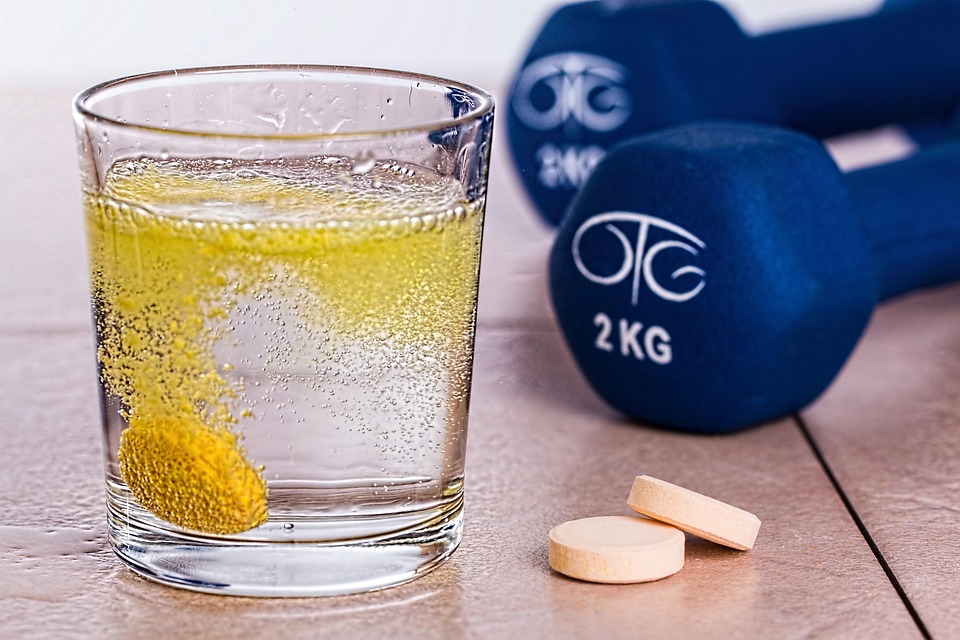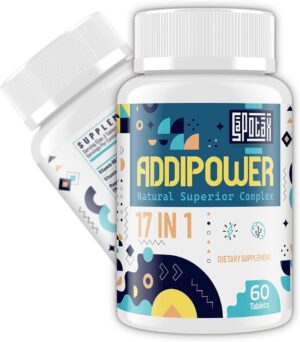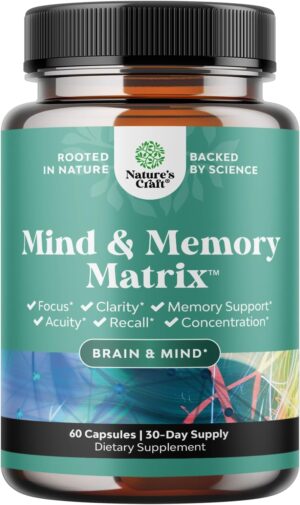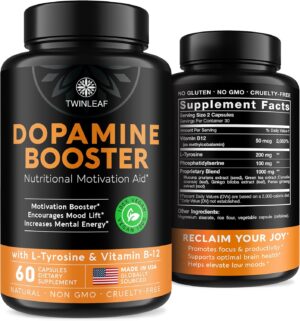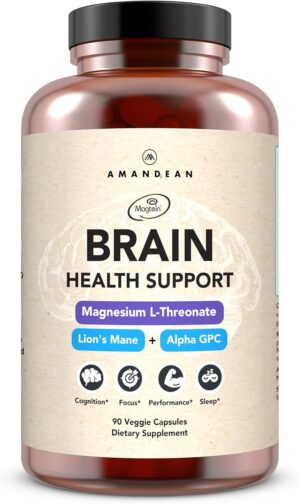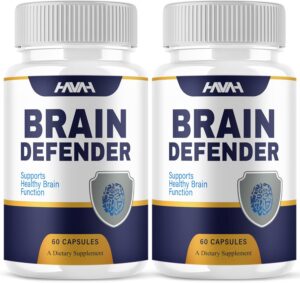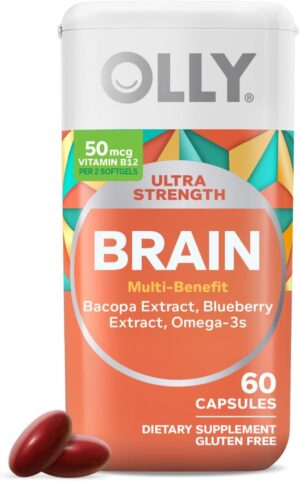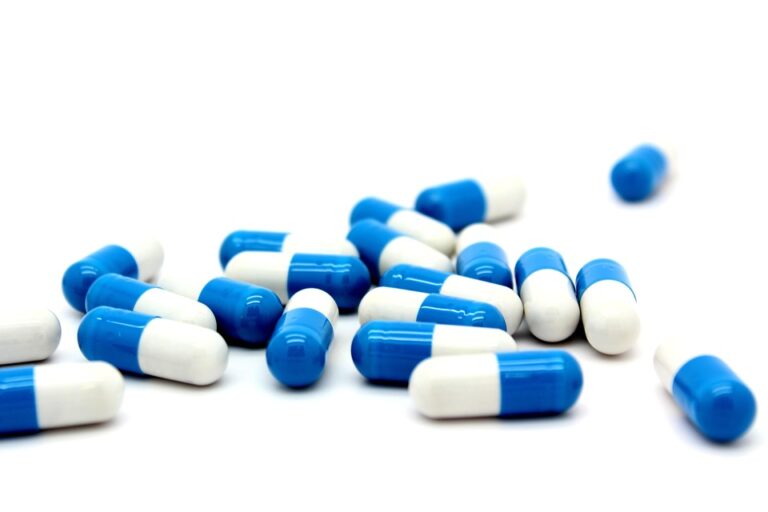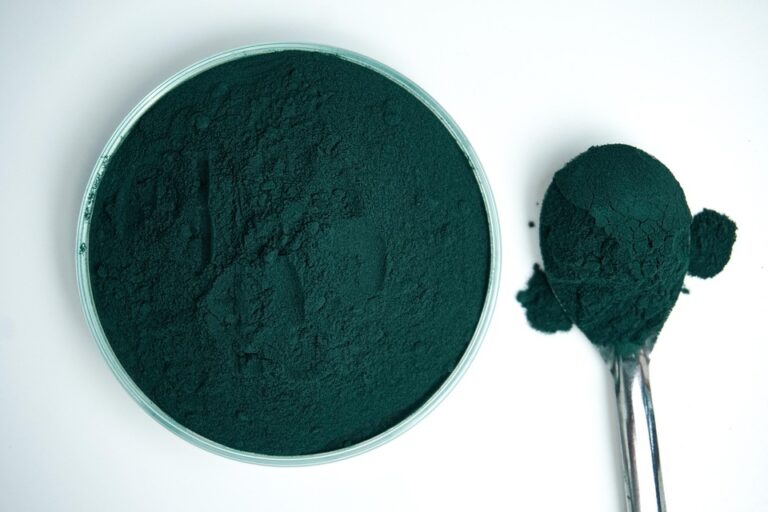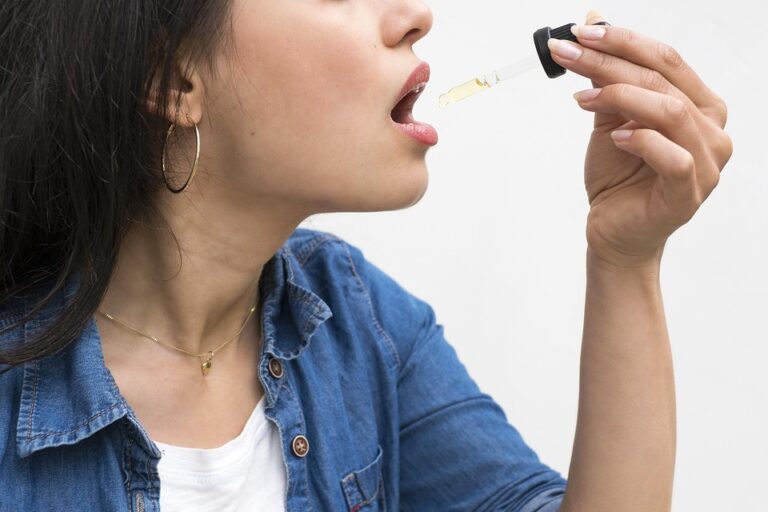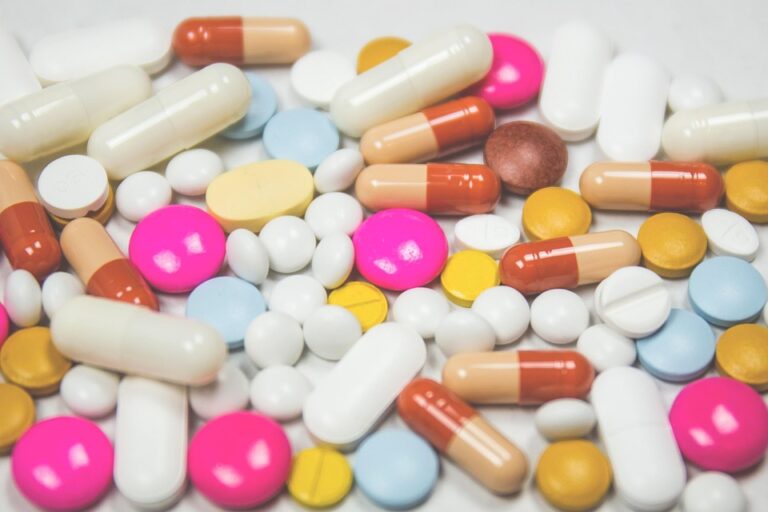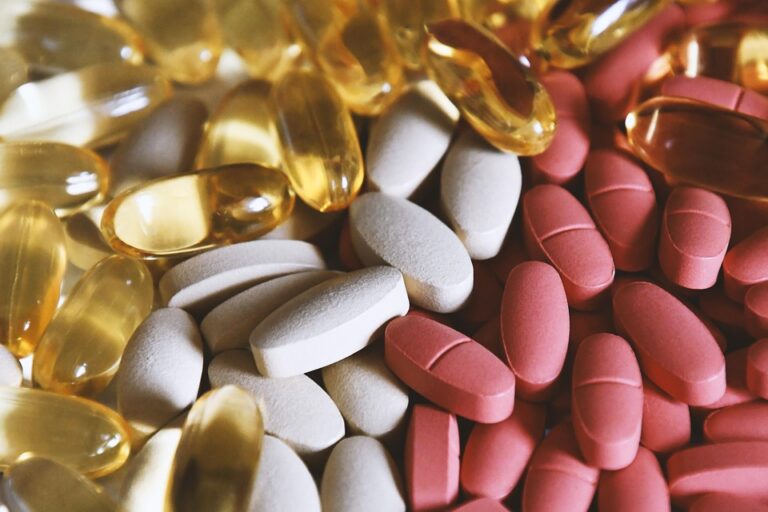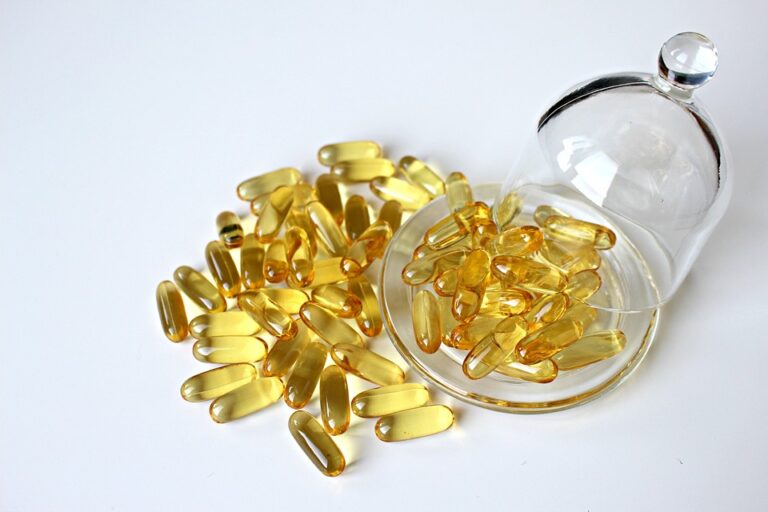Living with ADHD can feel like your brain is constantly switching between channels—thoughts racing, focus fleeting, and energy levels all over the place. While medication and behavioral strategies play crucial roles in managing ADHD, certain supplements may also help optimize mental clarity, focus, and sustained energy throughout the day.
If you’re looking for a natural boost to complement your ADHD management plan, here are some of the most effective, science-backed supplements to consider.
1. Omega-3 Fatty Acids (EPA & DHA)
Why They Help: Omega-3s, particularly EPA and DHA, play a key role in brain function. Studies suggest they may improve attention, reduce impulsivity, and support neurotransmitter regulation.
How to Take: Aim for 1,000–2,000 mg of combined EPA/DHA daily from fish oil or algae-based supplements.
2. Magnesium (Glycinate or L-Threonate)
Why It Helps: Many people with ADHD have lower magnesium levels. This mineral supports calmness, reduces hyperactivity, and enhances sleep quality—critical for ADHD symptom management.
How to Take: 200–400 mg per day, preferably in the evening for relaxation benefits.
3. Zinc
Why It Helps: Zinc regulates dopamine, a neurotransmitter often imbalanced in ADHD. Many individuals with ADHD have lower zinc levels. Supplementation may enhance focus and reduce impulsivity.
How to Take: 15–30 mg daily (avoid excessive intake without testing levels).
4. L-Theanine (Often Paired with Caffeine)
Why It Helps: L-Theanine, an amino acid found in green tea, promotes relaxation without sedation. Combined with caffeine (as in coffee or tea), it can improve sustained attention and clarity.
How to Take: 100–200 mg of L-Theanine paired with 50–100 mg of caffeine (if tolerated).
5. Vitamin B6 (Pyridoxine or P5P) & B-Complex
Why It Helps: B vitamins support dopamine and serotonin production, helping with mood stability and focus. P5P (activated B6) is especially useful for neurotransmitter synthesis.
How to Take: 25–50 mg of B6 (P5P preferred) or a high-quality B-complex supplement.
6. Phosphatidylserine (PS)
Why It Helps: This phospholipid improves memory, reduces cortisol (stress hormone), and enhances cognitive function—particularly beneficial for ADHD-related forgetfulness.
How to Take: 100–300 mg per day with meals.
7. Ginkgo Biloba
Why It Helps: Ginkgo improves blood flow to the brain, enhancing executive function, memory, and concentration in some individuals with ADHD.
How to Take: 120–240 mg daily (standardized extract).
8. Rhodiola Rosea
Why It Helps: An adaptogenic herb, Rhodiola combats mental fatigue, supports dopamine and serotonin balance, and helps with stress resilience—great for ADHD-related burnout.
How to Take: 200–400 mg per day (standardized to 3% rosavins).
9. Iron (If Deficient)
Why It Helps: Low iron levels correlate with ADHD symptoms, particularly inattentiveness. Check your ferritin levels before supplementing.
How to Take: Only supplement if deficient (follow doctor’s guidance to avoid excess).
10. Probiotics (For Gut-Brain Connection)
Why It Helps: Emerging research suggests gut health influences ADHD symptoms. A healthy microbiome supports mood regulation and cognitive function.
How to Take: Daily probiotic with diverse strains, or consume fermented foods like yogurt, kefir, and kimchi.
Final Thoughts
While supplements can be powerful adjuncts to ADHD management, they’re not one-size-fits-all. Always check with a healthcare provider before starting new supplements, especially if taking medications. Pair these with good sleep, regular exercise, and structured routines for the best results.
With the right support, you can sharpen your focus, sustain energy, and thrive—even on the most challenging ADHD days.
What supplements have worked for you? Share your experiences in the comments!
This article provides a research-backed, engaging breakdown of supplements that may help ADHD symptoms while encouraging reader interaction. Let me know if you’d like any modifications!

